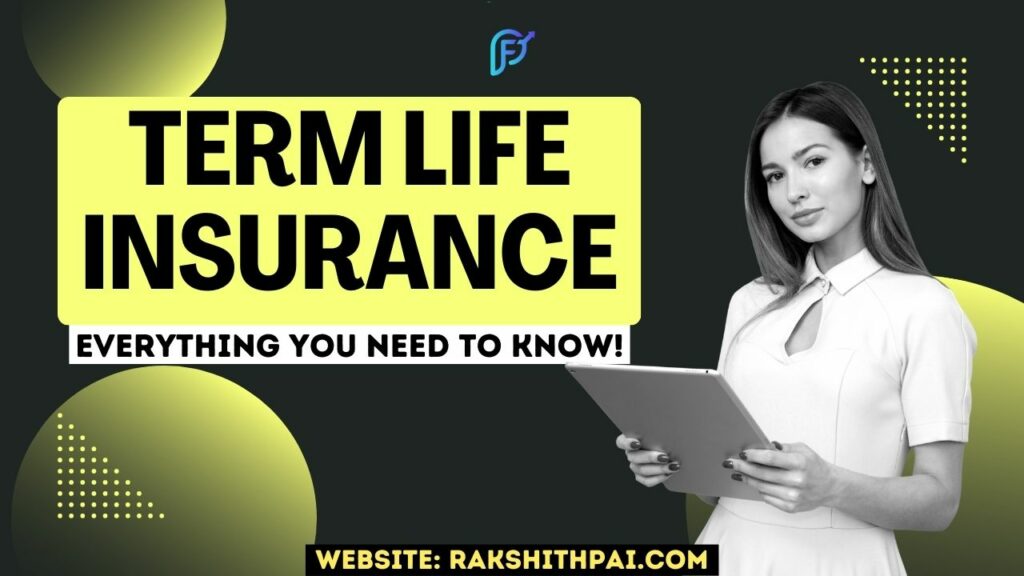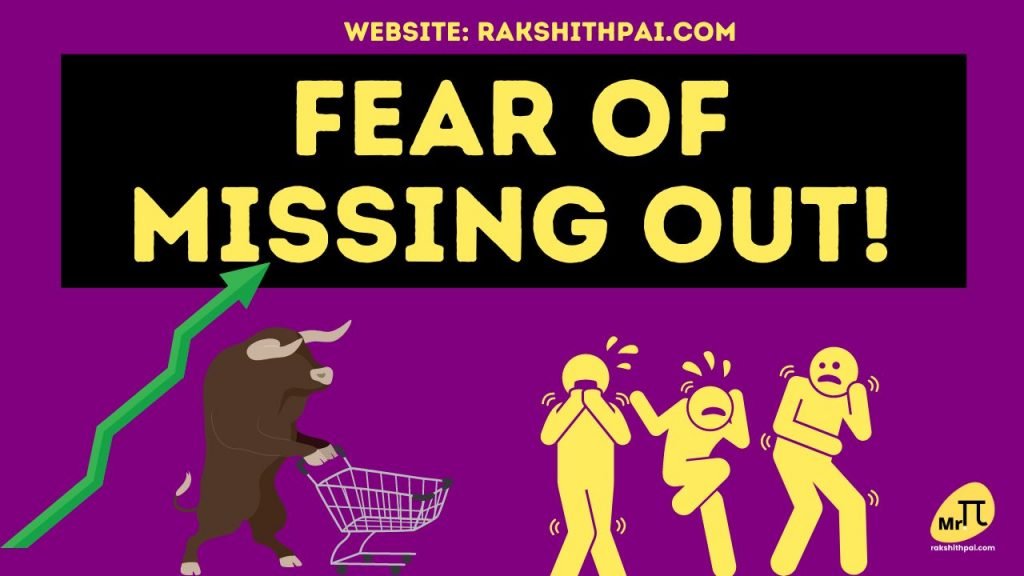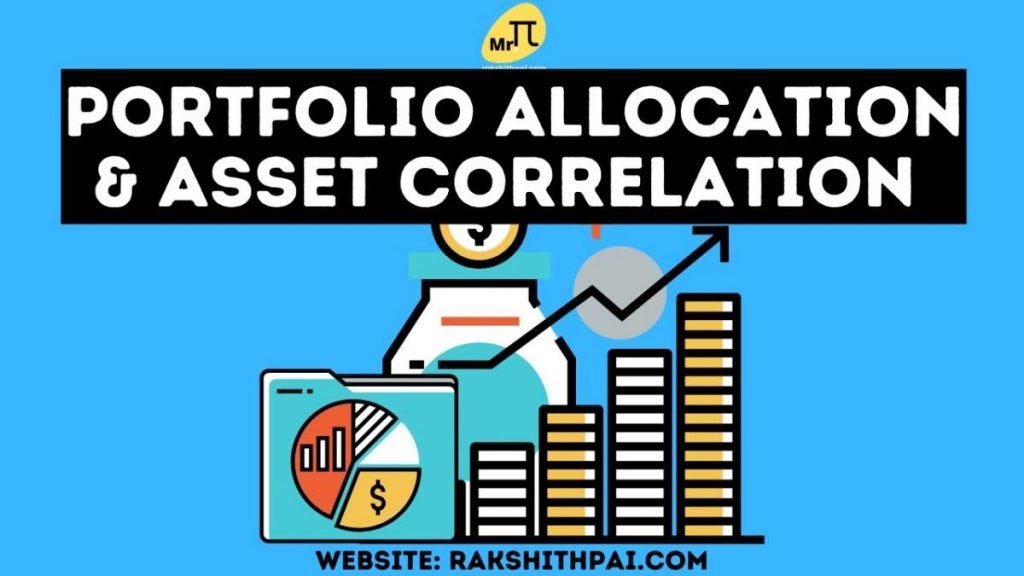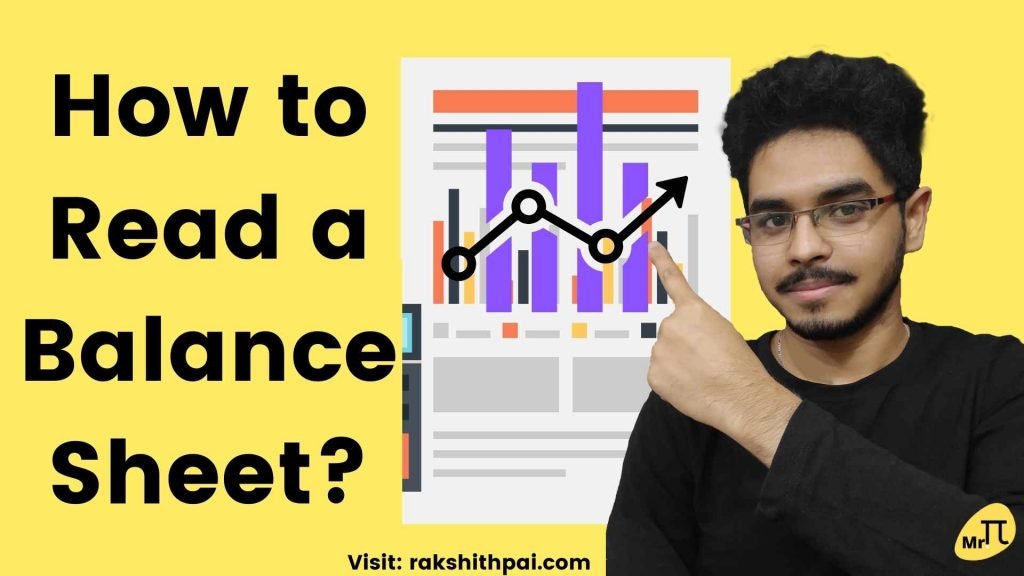Table of Contents
What’s A Term Insurance Policy:
Term life insurance is like a contract between the policyholder (the insured) and the insurance company. The insurance company promises to pay the policyholder a certain amount if the policyholder dies within the contract period. So, basically, it’s insurance on your life, but within a certain term period.
Because of this, many financial planners say that you should always include the coverage of a term plan in your long-term budget.
To fully grasp what term life insurance is and how it might help protect your family, it is also helpful to realise that it is the most basic type of life insurance coverage available. In this article, we’ll get into the details of a term insurance policy.
10 Features of Term Insurance Policy:

Larger life cover
While term life insurance policies are less expensive than endowment plans (life insurance cover), policyholders can choose a larger life cover for the same cost. For instance, at age 30, a person can purchase a term plan with Rs 1 crore in coverage for a duration of 30 years.
Most people in their thirties won’t have enough money to invest in an endowment plan (life insurance cover) worth Rs 1 crore. Yet, getting the same level of protection through a term plan is more practical.
Basically, a term plan offers the same benefits as life insurance. But with term life insurance, your life is insured until you reach a certain age.
Cover Against Eventualities
If you’re the sole provider for your family, the sole breadwinner in your household, your death may bring a lot of financial hardship to your family. With term insurance, you can give everyone peace of mind about their financial future.
With these term insurance policies, you may get a lot of coverage for a low monthly or annual payment. Such coverage at an uncertain event comes in very handy.
Enhanced cover
The cost of living isn’t slowing down. So why must your insurance benefit be any lower? So, with enhanced coverage, you get to increase your term policy amount by entering into the contract sooner and contributing more towards the premium.
When a policyholder reaches a certain point in their life, they may want to increase their life insurance coverage.
For example, the policyholder may be eligible for a 50% increase in term life insurance when they get married and a 25% increase when they have a child. This lets him or her start out with a low level of coverage and slowly increase it as his or her responsibilities and finances change.
Extended coverage
The very idea of term life insurance is to insure your life for a certain period of time. And that’s also a big disadvantage of term insurance when compared with life insurance. But, with the enhancement option, a term plan can be as good as any life insurance.
With term insurance plan extension, one can extend their policy tenure after the initial policy coverage matures. This way, with a slightly higher premium, you can get your term plan extended up to the age of 85 to 99 years.
Cover for Critical Illnesses
If you’re in your twenties or thirties and have never had a serious illness before, you might not give much thought to the significance of term life insurance. Yet if it does, not only will your health decline, but you may also be unable to afford the therapy you need. Even though a death benefit is already part of a term insurance plan, a critical illness rider can significantly increase the amount of coverage.
Subscribing to separate health insurance policies to cover your health costs is always suggested. For more information, check out this article on health insurance. CLICK HERE!
Everything You Need to Know About Health Insurance:
When added to your term insurance policy, a critical illness rider provides additional benefits in the event that you are diagnosed with a critical illness covered by the rider and need financial assistance to pay for treatment.
Cover for Accidental Death or Disability
Anything may happen at any time. Depending on how bad your illness is, you may need a lot of money to pay for medical bills and make up for lost wages. Remember, medical insurance is one of the most expensive in India, ranging from 12 to 14% per annum.
So, accidental death and disability riders can be helpful in these situations, and knowing how term insurance works can help you make smart investments.
Read the terms of your term life insurance policy carefully. Because not all cases of death or disability are covered under your insurance, for example, a death by suicide may not be provided with term policy benefits.
Riders
The policyholder can increase the term plan’s value by adding riders. A critical illness rider or critical illness plan would guarantee the insured the sum guaranteed in the event of a critical illness diagnosis. This is in addition to the policy’s death benefit, which is paid out at the end of the policy’s term.
There are varied ways of adding riders or add-ons. Coverage for things like job loss, disability, and premium waiver are just some of the available riders. The insured can tailor the term life insurance to their own needs by adding on various “riders.”
Premium waiver
The waiver of future premium payments is what is meant by “premium waiver,” which is a type of insurance benefit.
For example, when an accident leaves the policyholder permanently disabled, there shall be a permanent waiver of future premium liability or there shall be a considerable discount on further payments. This feature is only available if all previous premiums have been paid.
Multiple Payout Options
With term insurance, the policyholder agrees to pay a regular premium to the insurer in exchange for life coverage. You can select your preferred frequency of payments (monthly, quarterly, or annually).
This protects the beneficiary’s right to receive the death benefit in the event of the policyholder’s death. The cash insured may be paid out in a single lump sum or in installments over time.
For example, Mr. Suresh is a 30-year-old chemical engineer. He subscribed to a term insurance policy to safeguard his family’s financial well-being after his death. Mr. Suresh paid for the term plan for 25 years, until he reaches 55 years of age. Due to a critical illness, he passed away at the age of 55.
Post his death, the nominee of Mr. Suresh’s term policy will get the policy amount, either as a lump sum or as a monthly income for a certain period.
Tax Benefits
There are many tax advantages to purchasing term life insurance. The sum guaranteed and paid to a policyholder at the plan’s maturity or upon the insured’s death is not subject to taxation under subsection 10(10D) of the Income Tax Act. Bonuses paid out of this sum are likewise not taxable as per Section 10.
15 Best Ways to Save Income Tax in India:
And, investment in your term insurance plans up to Rs. 1.5 lakh is tax deductible under Section 80C.
Who should buy Term Insurance plans?
Everyone can benefit from a term insurance policy. Everyone, from CEOs to hourly workers, aged over 18 until they are 65 years old, may get life insurance at rates they can afford. They are a great protection against the risks of growing older. This is especially useful if you are the sole breadwinner in your family and, upon your unfortunate demise, the family could run into financial trouble.
People in their 20s would do well to start their search for insurance with a policy that covers a lot and doesn’t cost too much. Those in their thirties, with expanding families and rising debt loads, would also benefit from this measure, and it is in fact highly suggested that they subscribe to a term life policy.
Term insurance may be a good way for people in their 40s and 50s to save for retirement and still provide for things like their children’s college tuition and weddings.
Basically, term life insurance is a great hedge that benefits your loved ones in case of an unexpected premature death or accident.
Why Should You Buy a Term Insurance Plan?
If you have a family that depends on your income, you should get term life insurance coverage as soon as possible. The followings are the individuals or categories of people for whom term insurance is suggested.
1. Young professionals with financial responsibilities over them
2. Newlyweds who depend on one another
3. A couple with kids and very limited wealth and financial support
4. Retirees with insufficient savings for retirement
5. Self-employed individuals whose core source of income is their entrepreneurship
Conclusion:
Term life insurance is a form of protection that lasts for a certain number of years, or “term.” If the insured dies while the policy is “in effect,” the death benefit will go to the beneficiary.
Most of the time, the premiums for term life insurance are much lower than those for whole life or universal life. This is due to the fact that it was not created to withstand the high costs of life insurance in later years.
However, term life insurance does not accumulate cash value as permanent policies do. But what it does is protect the earner’s interest in a family in case of an unfortunate accident.
In this article, we have made efforts to answer all your questions regarding term life insurance.
FAQ’s
Disclaimer: All the information on this website is published in good faith and for general information purposes only.









